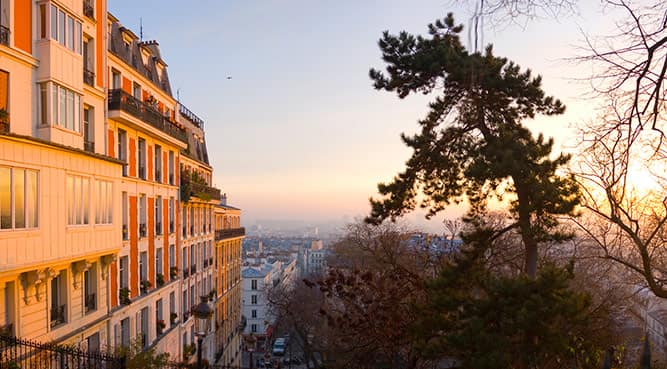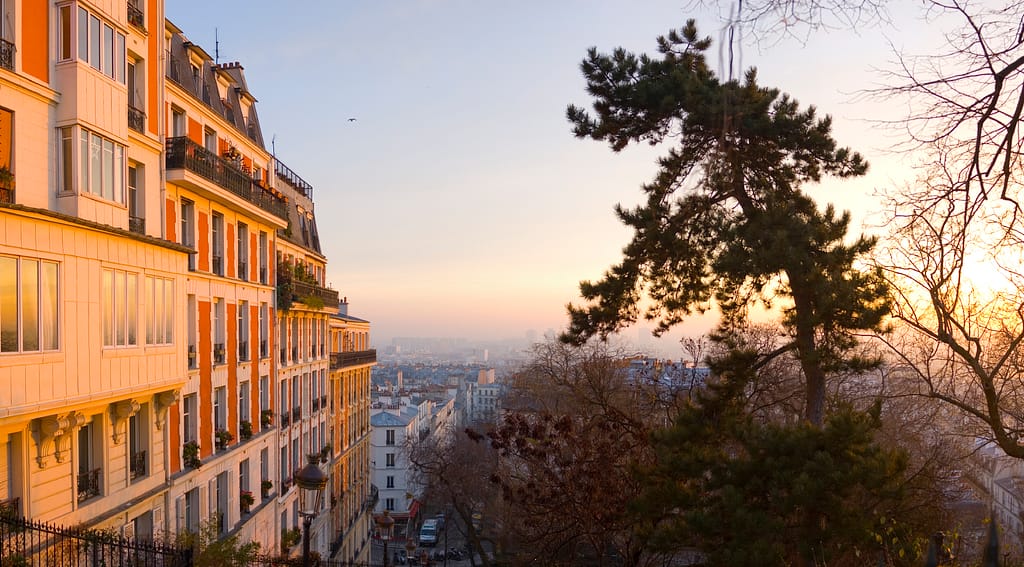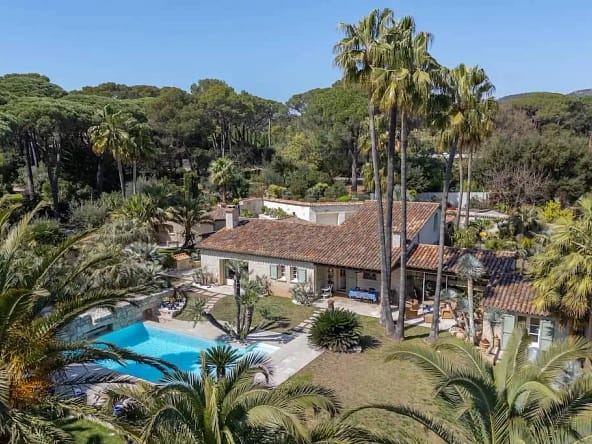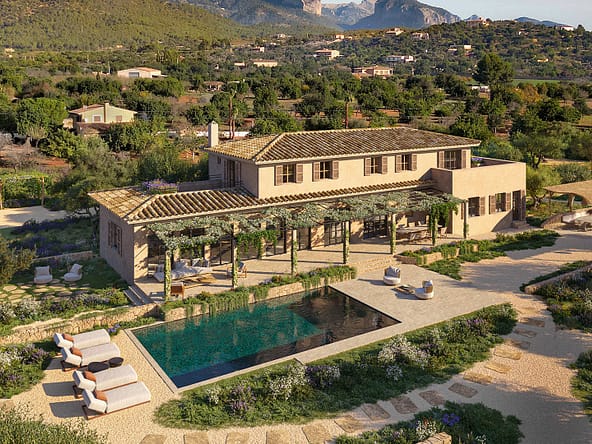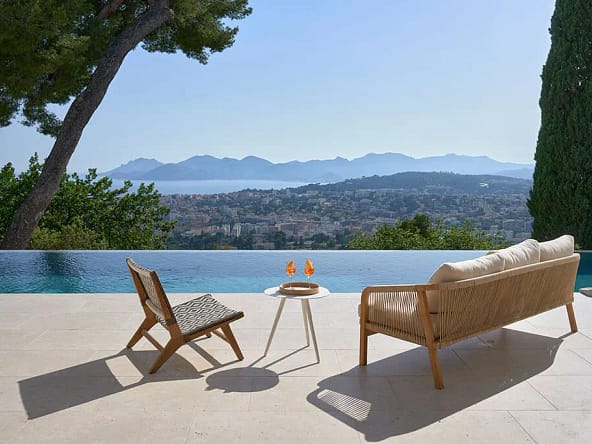Paris will always be a great place for property investors, thanks to the city’s immense popularity, beauty, and culture. And when you buy property in Paris, you invest in more than a home — you also get a Parisian lifestyle full of vibrant days and nights in one of the greatest cities in the world.
Aside from that, purchasing property in Paris is a savvy financial move.
Property prices have proved to be strong even in the most difficult of times, including the pandemic. French property values have continued to increase by nearly 20% over the past five years despite unstable situations worldwide.
Additionally, France has one of Europe’s lowest inflation rates, meaning buyers can get an excellent return on their investments. Bank and mortgage rates are also appealing, only slightly higher than 3%, which is on the low side.
Table of Contents
Finding the Right Arrondissement in Paris
Both urban and suburban living are possible in Paris. Singles and couples often prefer central locations, while families look to the outskirts for more land and to purchase a house.
Paris has 20 distinct arrondissements, and each one is assigned a number and a name. The 1st arrondissement, called Louvre, is in the heart of Paris, on the right bank of the Seine. Each consecutive arrondissement forms a clockwise spiral. Lower numbers are more central, and higher numbers are further from the city centre, offering extra space and calmer settings.
These are five of our favorite arrondissements to live in when considering where to buy property in Paris.
Deciding What You Want From a Paris Property
Because there’s limited space, you’ll find mostly apartments in central Paris, though there are sometimes townhouses for sale (which are in high demand). As you get further from the heart of the city, larger homes are available, including houses, but you’ll be further from the buzz of ti all — which may be exactly what you’re looking for.
Older homes have original romantic features, like marble fireplaces and iron balconies. Newer homes may have a modern style instead of the classic French architecture look, and they also tend to be more spacious and have upgraded amenities.
Also consider this: You can live in Paris year-round or invest in a second home to visit in your free time. There are approximately 44 million tourists who visit Paris each year which makes the city a prime spot for buying a rental property.
Work With a Buyer’s Agent
There are several advantages to working with a buyer’s agent when searching for a Paris property:
- They’ll have extensive local knowledge about the different Paris neighborhoods, the pros and cons of each one, and the types of homes available.
- Agents often have access to listings that aren’t public yet. You may be able to find the perfect home before there’s competition for it.
- It can be difficult and time-consuming to search for a Paris property when you live in another country. An agent can streamline the process by finding properties that match your criteria and setting up viewings.
- They’ll have insight into the market that can help you make sound buying decisions and negotiate better once you’ve found a home you love.
- Your buyer’s agent will have a vast network of professionals to connect you with, like mortgage brokers, attorneys, and translators if you don’t speak fluent French.
So, if you’re interested in experienced, customised guidance when looking for a home in Paris, it’s wise to work with a buyer’s agent. They’ll be able to customise their approach to your specific needs so you can find a home that suits you.
Consider Your Finances and the Exchange Rate
In addition to the cost of the property, there are other fees to consider:
- If you’re taking out a French mortgage, interest rates start around 3% or higher.
- There are legal fees to be paid to the notaire, which are approximately 7% of the purchase price.
- There may also be a selling agent’s fee of around 5% to 7% if it’s not already included in the property price.
When buying property in a country that uses a different currency than you do, you have to take the exchange rate into consideration. The exchange rate can impact the overall cost of the property.
Exchange rates also fluctuate based on various factors, including market conditions and the economy. When your home currency is strong against the euro, the cost of the property will be lower than when your home currency is weak in comparison to the euro.
Also, keep in mind that you’ll need to put a 5% to 10% purchase deposit down on the day you sign the sales agreement (Compromis de Vente). You’ll also need to put a deposit down on the mortgage.
Familiarise Yourself With the Buying Process
We have a complete guide to buying property in France, but let’s briefly go over each step.
First, you’ll search for a property you want to buy in Paris, preferably with the help of a buyer’s agent. When you find a home you’d like to buy, you’ll make an offer in writing, which will be presented to the seller.
Upon acceptance, you and the seller will sign the Compromis de Vente, and you’ll put a deposit down at this time. Next is a mandatory 10-day cooling-off period. During this time, you can decide to abandon the purchase, and you’ll still get your deposit back.
Once the cooling-off period has ended and you’ve decided to move forward with the purchase, the conveyancing process will begin. This lasts about 10 to 12 weeks, during which time various home assessments will take place, overseen by the notaire.
After final details are agreed upon, you and the seller will sign the Acte de Vente, and you’ll make the final payment. This means the Paris property is officially yours!
Buying property in Paris is a big decision. Take your time to ensure you find the right property for you. Contact the specialists at HOMEHUNTS today for help finding the ideal Paris apartment, townhouse, or estate.

